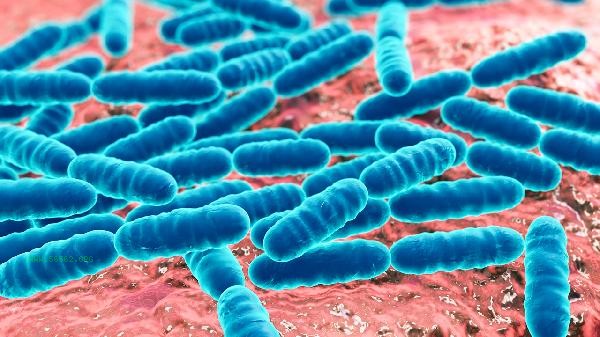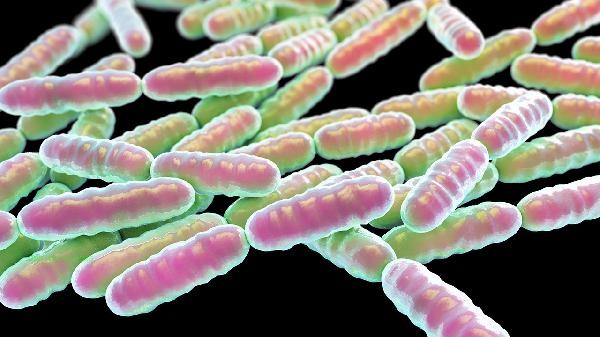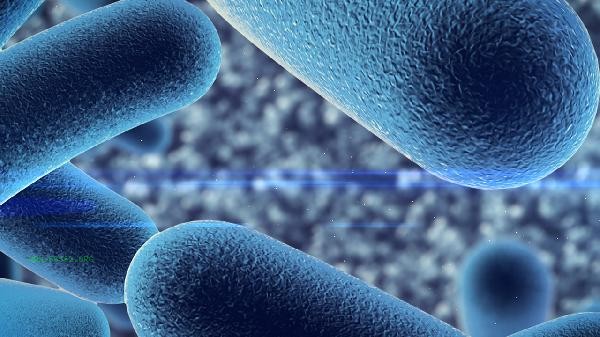Overconsumption of probiotics in a day usually does not cause serious problems, but symptoms such as gastrointestinal discomfort, bloating, or diarrhea may occur. Excessive intake of probiotics is mainly related to factors such as strain type, individual tolerance, and underlying diseases. Probiotics are active microorganisms that regulate the balance of gut microbiota, and moderate supplementation can help improve digestive function. Occasional overconsumption of probiotics in healthy individuals may result in mild abdominal discomfort or increased exhaust, which are mostly transient and can be relieved on their own after discontinuation of supplementation. Some people are sensitive to specific strains of bacteria, and excessive use may cause temporary diarrhea or skin allergic reactions. It is necessary to stop using and observe in a timely manner. Patients with severe immunodeficiency or intestinal mucosal damage may experience bacteremia or infection risk due to excessive intake of probiotics. Long term excessive supplementation may disrupt the natural balance of gut microbiota and instead reduce the positive effects of probiotics. Special populations such as premature infants and critically ill patients should strictly follow medical advice when using probiotics and avoid adjusting the dosage on their own.

It is recommended to choose regular products for daily probiotic supplementation, and prioritize obtaining fermented foods such as yogurt and kimchi. If there are persistent abdominal pain, fever and other abnormal reactions, seek medical attention promptly. Maintaining dietary diversity and combining it with dietary fiber can promote the colonization of probiotics and avoid the need for concentrated supplementation of a single strain in the short term.










Comments (0)
Leave a Comment
No comments yet
Be the first to share your thoughts!